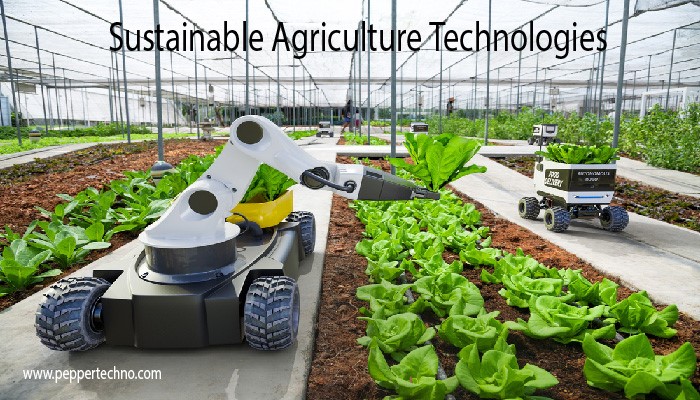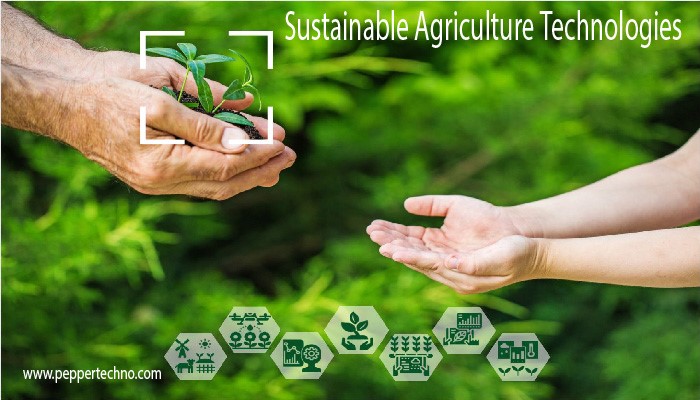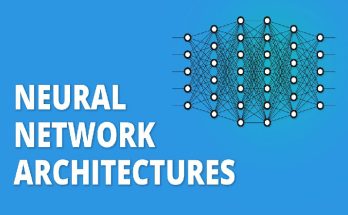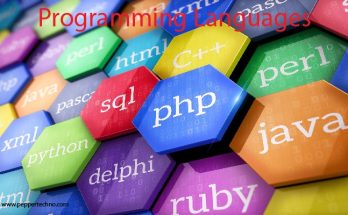5 Cutting-Edge Sustainable Agriculture Technologies Changing the Game
Welcome to the exciting world of sustainable agriculture! As our planet faces increasing environmental challenges, the agricultural industry is turning towards innovative technologies to revolutionize farming practices. In this blog post, we will explore five cutting-edge sustainable agriculture technologies that are changing the game and paving the way for a greener future. From vertical farming to precision agriculture, these advancements are not only improving efficiency but also reducing environmental impact. Let’s dive in and discover how these groundbreaking solutions are shaping the future of food production!

Vertical Farming: Growing Up Instead of Out
Vertical farming is revolutionizing the way we grow crops by going up instead of out. Imagine towering skyscrapers filled with thriving plants instead of vast expanses of farmland. This innovative approach maximizes space utilization in urban areas where land is lim ited.
By stacking layers of crops vertically, vertical farms can produce higher yields in a smaller footprint compared to traditional agriculture methods. With controlled environments and LED lighting systems, these farms can optimize growing conditions for various types of plants throughout the year.
Not only does vertical farming increase efficiency and productivity, but it also reduces water usage significantly. By utilizing hydroponic or aeroponic systems, plants receive the exact amount of water they need, minimizing waste typically associated with conventional irrigation methods.
The integration of automation and data analytics in vertical farming further enhances precision and sustainability. Farmers can monitor plant growth metrics remotely and adjust environmental factors accordingly to ensure optimal conditions for each crop.
Incorporating technology into agriculture through vertical farming offers a glimpse into a more sustainable future where food production is not limited by geographical constraints but rather propelled upwards towards innovation and efficiency.
Hydroponics: Water-Based Gardening
Looking to take your gardening skills to the next level? Hydroponics might just be the game-changer you’ve been searching for.
Imagine growing lush, vibrant plants without soil – that’s exactly what hydroponic systems offer. By utilizing nutrient-rich water solutions, plants can thrive in a controlled environment, free from soil-borne diseases and pests.
Hydroponics isn’t just about efficiency; it’s also incredibly space-saving. Whether you have limited outdoor space or want to grow fresh herbs indoors year-round, hydroponic setups are versatile and adaptable.
One of the biggest advantages of hydroponic gardening is its water efficiency. With traditional farming methods using significantly more water, hydroponics can help conserve this precious resource while still producing impressive yields.
Embracing hydroponics means diving into a world where innovation meets sustainability – a combination that’s shaping the future of agriculture as we know it. So why not give it a try and explore the wonders of water-based gardening today?
Aquaponics: The Perfect Marriage of Fish and Plants
Imagine a harmonious ecosystem where fish and plants work together to thrive. This is the beauty of aquaponics – a sustainable agriculture technology that brings these two elements into perfect harmony.
In an aquaponic system, fish waste provides essential nutrients for plants, while the plants filter the water for the fish. It’s a mutually beneficial relationship that results in healthier produce and happy aquatic life.
By combining aquaculture with hydroponics, aquaponics minimizes waste and maximizes efficiency. Farmers can grow crops year-round in a closed-loop system that conserves water and space.
The symbiotic nature of aquaponics not only yields fresh organic produce but also reduces the need for synthetic fertilizers and pesticides. It’s truly a win-win situation for both farmers and the environment.
Precision Agriculture: Using Technology to Optimize Farming
Imagine a world where every plant receives precise care tailored to its needs. Precision agriculture makes this vision a reality by utilizing technology like GPS, sensors, and drones to optimize farming practices.
By collecting data on soil conditions, moisture levels, and crop health in real-time, farmers can make informed decisions that maximize yields while minimizing resources wasted.
Gone are the days of blanket treatments across entire fields; with precision agriculture, each square foot is managed individually for optimal results. This targeted approach not only boosts productivity but also reduces environmental impact by cutting down on excess fertilizer and pesticide use.
With the power of data analytics at their fingertips, farmers can fine-tune their operations with unprecedented accuracy. From planting to harvesting, every step is meticulously planned for efficiency and sustainability.
In the ever-evolving landscape of agriculture, precision farming stands out as a game-changer that promises a more sustainable future for food production.
Biodegradable Mulch: Reducing Plastic Waste in Farming
Picture this: a revolutionary solution in the world of sustainable agriculture – biodegradable mulch. This innovative technology is changing the game by reducing plastic waste in farming practices. Instead of traditional plastic mulch that lingers in the environment for years, biodegradable mulch breaks down naturally over time, leaving no harmful residues behind.
By utilizing materials like plant-based compostable polymers or organic matter, farmers can now protect their crops while also safeguarding the planet. This environmentally friendly alternative not only minimizes pollution but also enriches the soil as it decomposes, promoting healthier and more sustainable agricultural practices.
Say goodbye to endless rolls of single-use plastic mulch and hello to a greener future with biodegradable options. It’s an exciting development that showcases how small changes in farming techniques can have a significant impact on our ecosystem.
Conclusion: The Future of Sustainable Agriculture
As we look ahead to the future of sustainable agriculture, it’s clear that technology will continue to play a crucial role in revolutionizing the way we grow our food. Vertical farming, hydroponics, aquaponics, precision agriculture, and biodegradable mulch are just a few examples of cutting-edge technologies that are changing the game.
These innovations not only help farmers increase efficiency and productivity but also reduce environmental impact and promote sustainability. By implementing these sustainable agriculture technologies on a larger scale, we can work towards creating a more resilient and environmentally friendly food system for generations to come.
The possibilities are endless when it comes to integrating technology into agriculture practices. With continued research and development in this field, we can expect even more groundbreaking advancements that will shape the future of farming. Embracing these innovative solutions is key to ensuring a thriving agricultural industry while safeguarding our planet for future generations.



